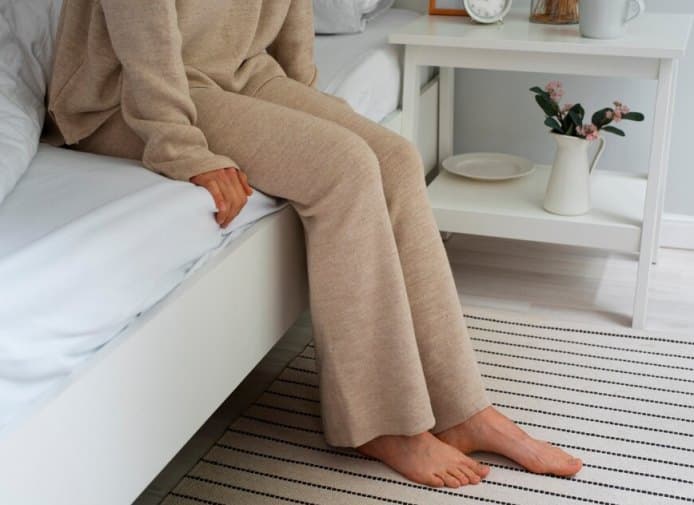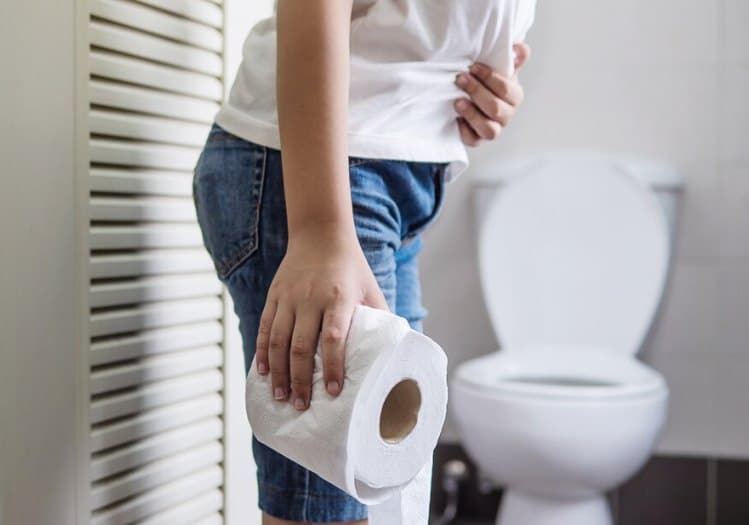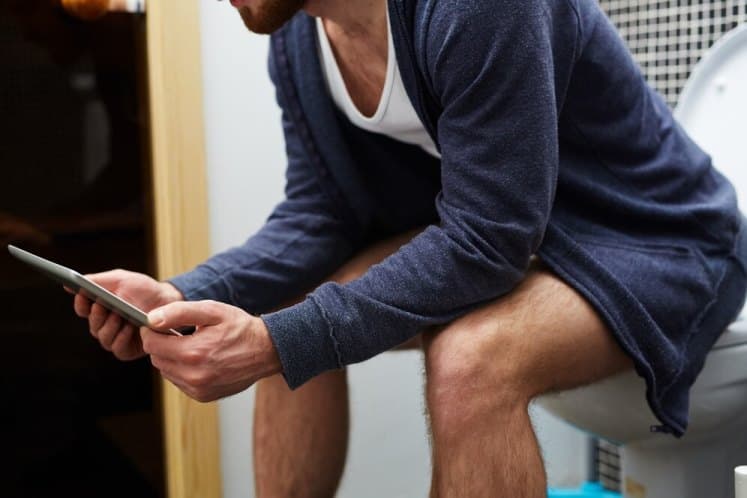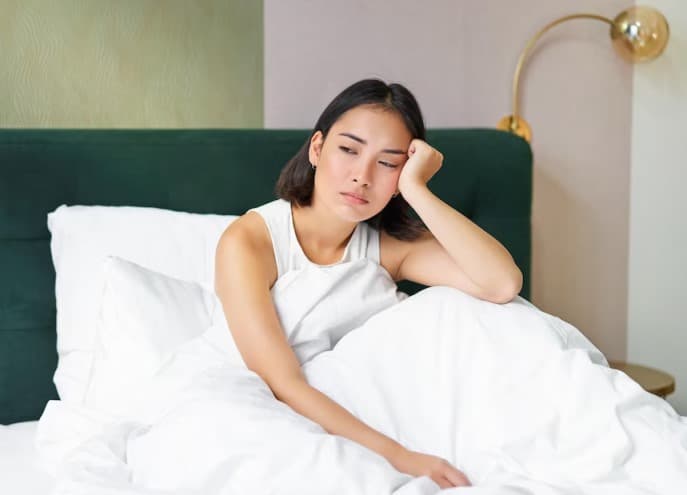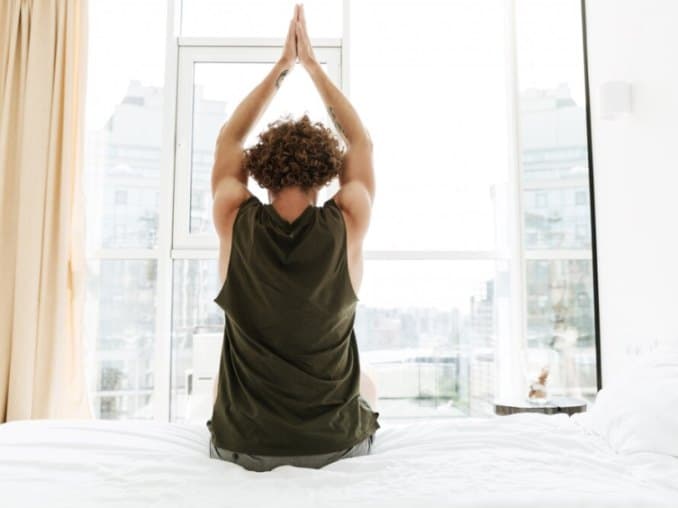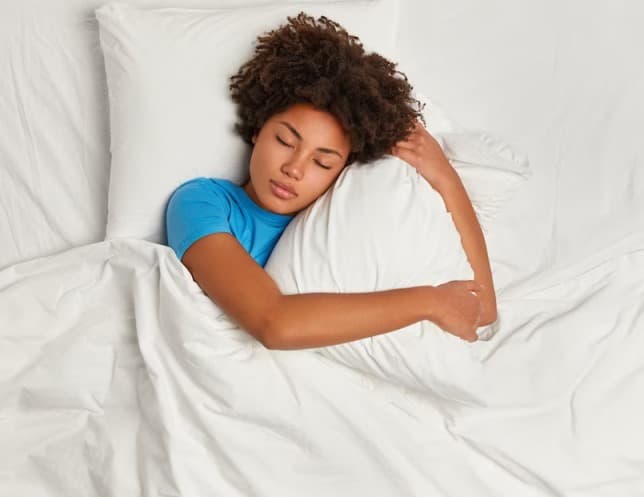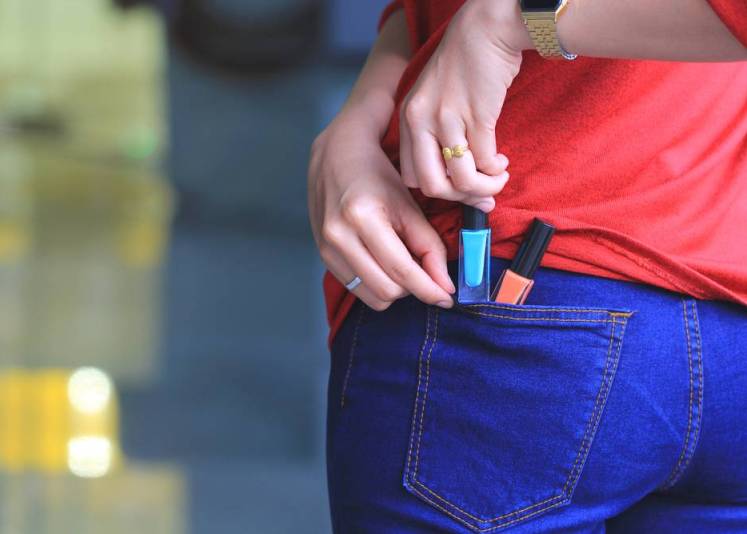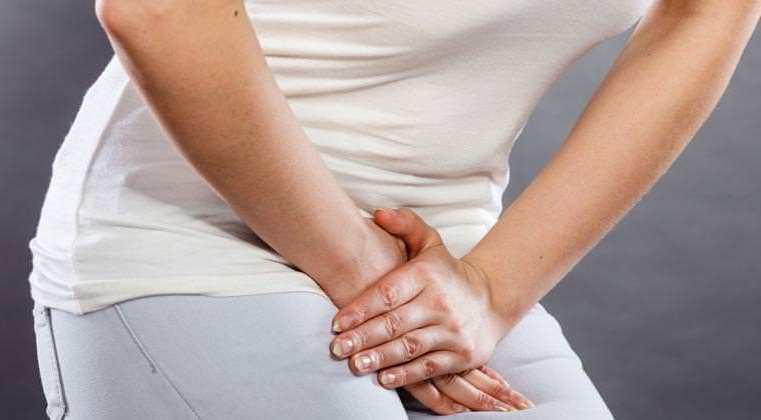In winter, your legs may feel cold due to decreased blood circulation and exposure to cold temperatures. During this season, blood vessels constrict and reduce blood flow to the extremities, leading to cold sensations in the legs.
The combination of lower temperatures and limited blood supply affects the body’s ability to keep the legs warm. Additionally, inadequate insulation or insufficient clothing can exacerbate the issue. The issue of cold legs in the winter may be resolved by being aware of the underlying reasons and taking the necessary action, such as dressing warmly and maintaining an active lifestyle.
By improving blood circulation and keeping the legs insulated, you can ensure more comfort during the colder months.
